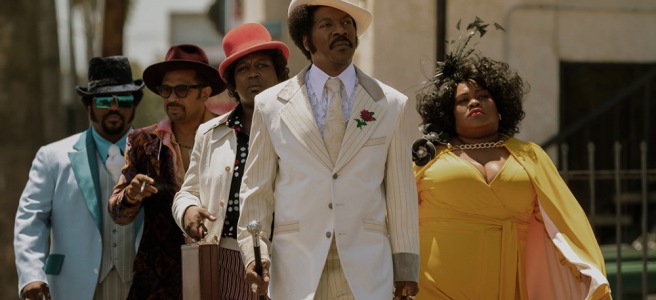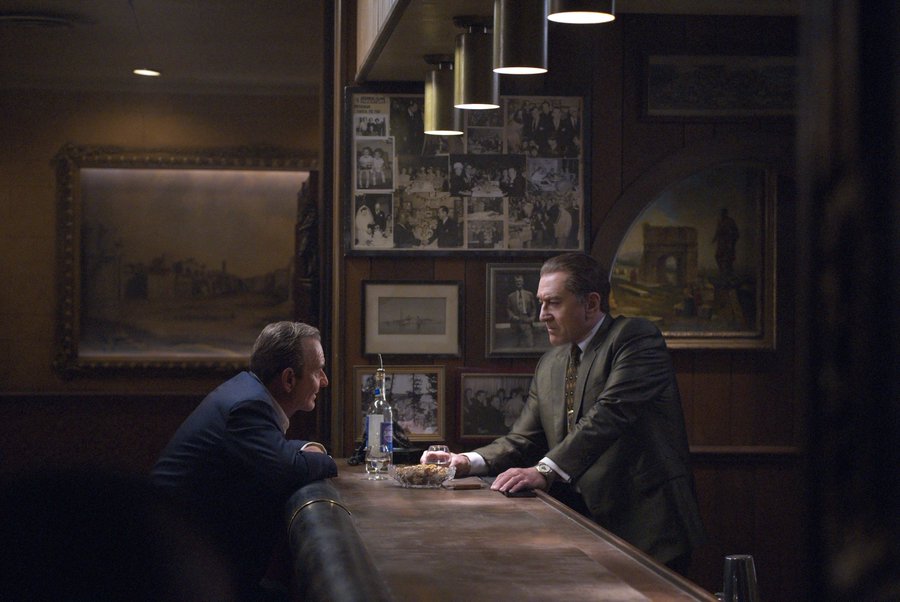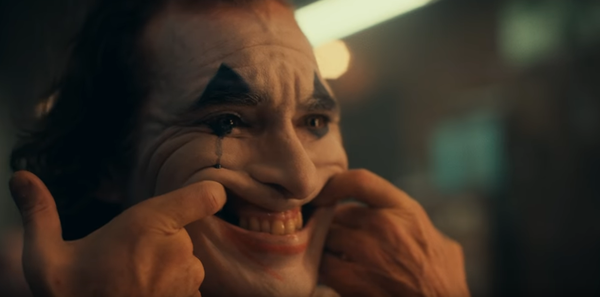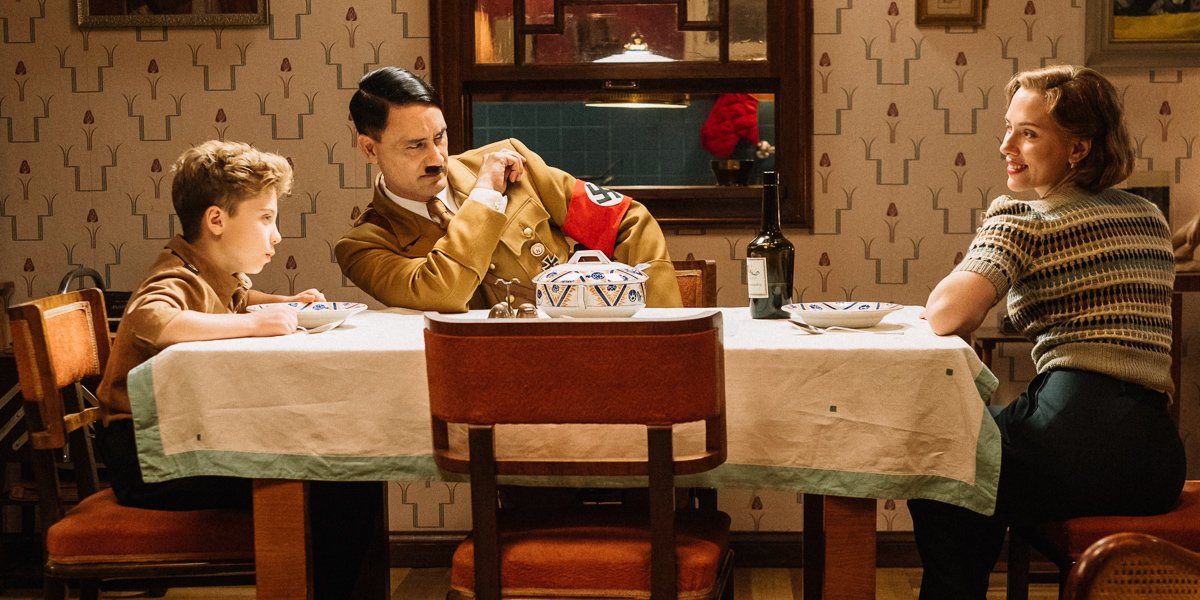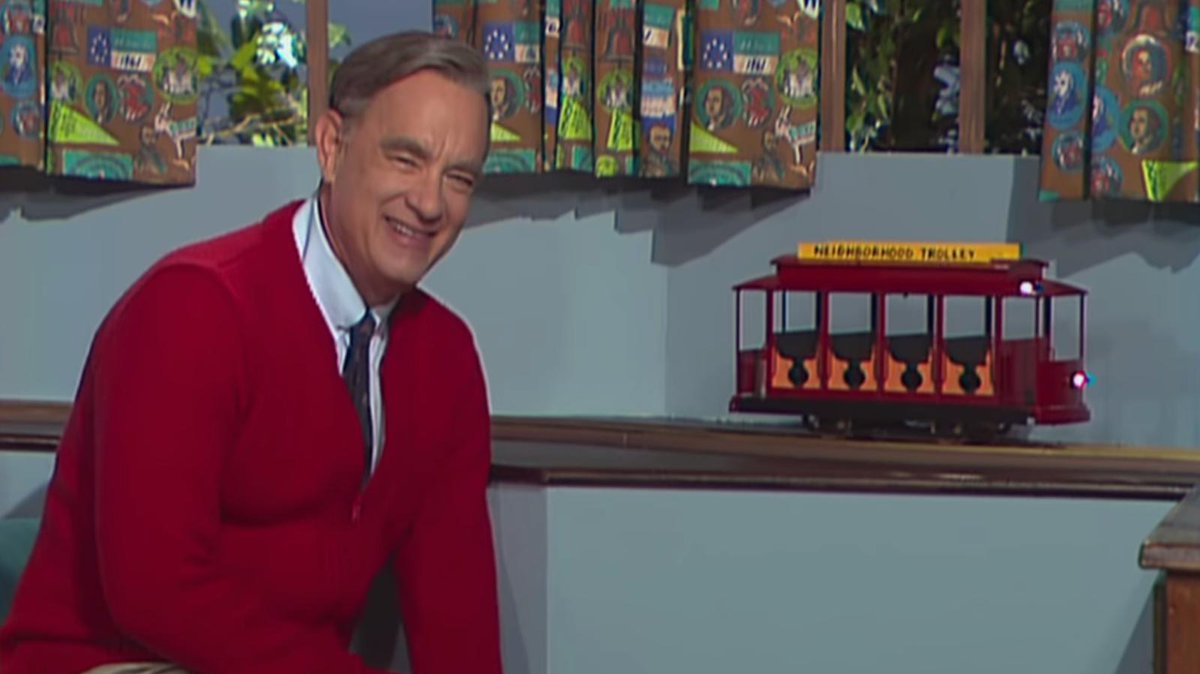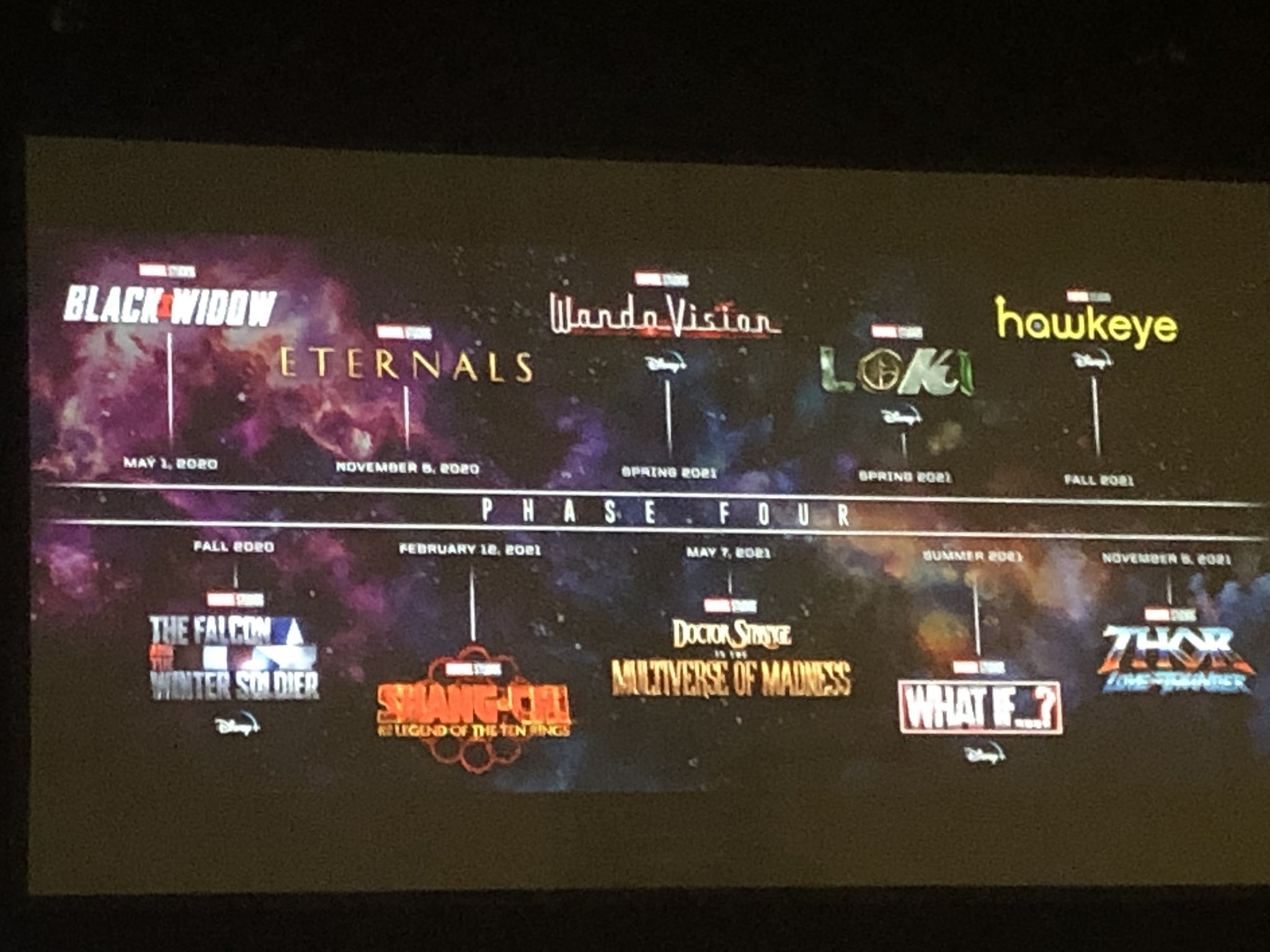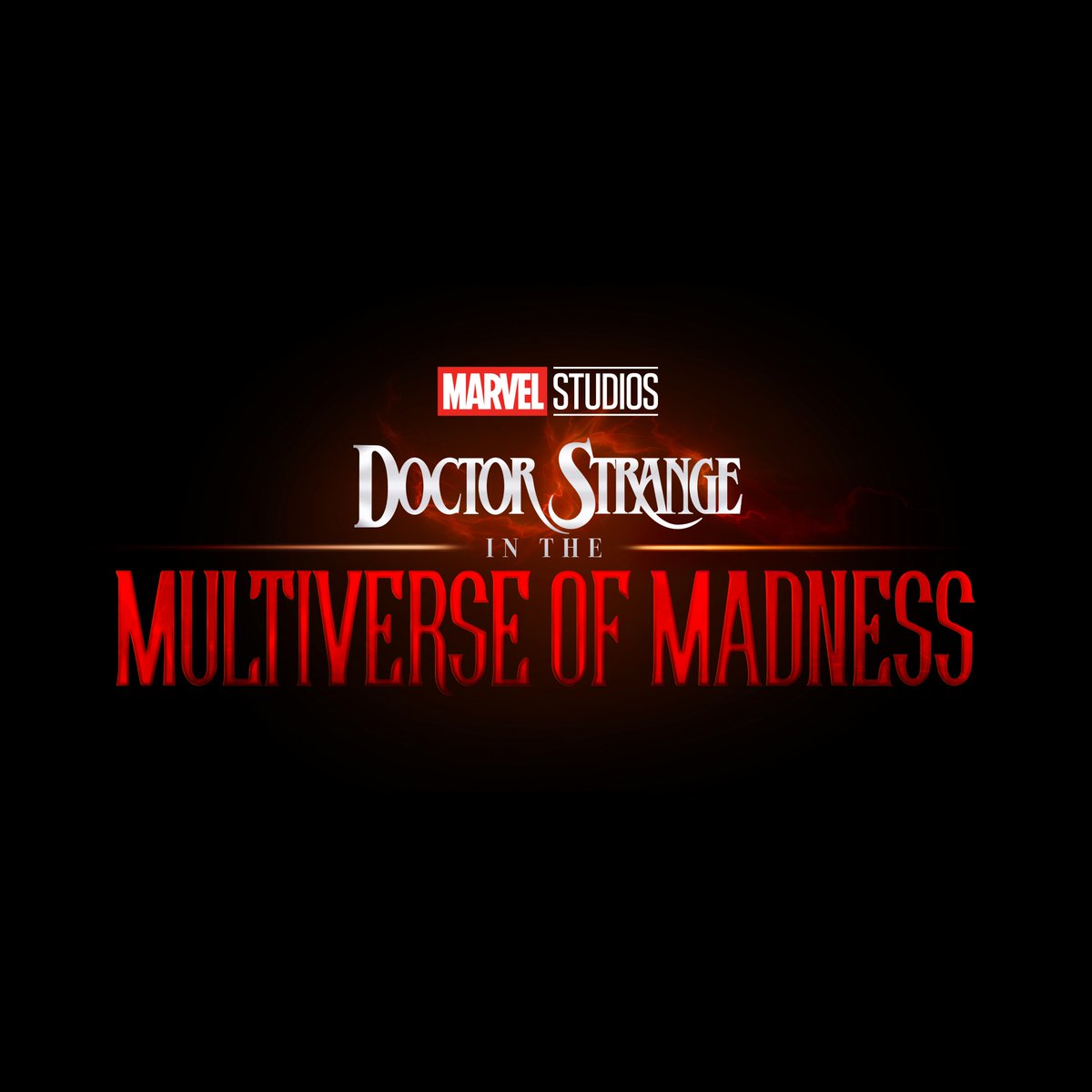By Dominick Ferrara V, Editor-in-Chief
Note: I was greatly looking forward to covering this year’s Film Fest 919. However, I came down with a stomach flu this weekend and took the time to recover instead. So instead of my planned festival retrospective piece, I’ll go in-depth on the only film I was able to see — King Richard.
Greatness is something we all strive for in life. We each have our motivations, our own ways of achieving it, our own definitions of what greatness means. Greatness is what Richard Williams says he wants for his daughters, especially soon-to-be tennis legends Venus and Serena Williams, in King Richard. Ultimately, it becomes clear that it’s not just about his family — for reasons that must ring true to plenty of Black Americans, he is seeking the respect and greatness that he deserves.
And so that brings us to King Richard, a biopic with cultural icon Will Smith starring in the titular role, a film that looks to valorize Williams as not just an incubator and motivator of greatness, but as a figure of greatness himself. As such, the film does not live up to the greatness that its protagonist stresses throughout its 138-minute runtime.
That’s not to say King Richard is a bad film — it’s not. But ultimately, it is a sports biopic that features many of the same emotional beats you’ve seen in other sports biopics, but filled with enough fascinating Williams-family-specific details to keep Zach Baylin’s screenplay engaging while moving towards the next familiar emotional beat.
What helps this particular film stand out from that hefty crowd are its two lead performances. Smith turns in his best performance since The Pursuit of Happyness, imbuing a controversial figure with a sense of empathy while also bringing out the stubbornness inherent to Williams’ character. At no point does he take the easy road, he takes his road, no matter how much inner turmoil it causes. Though Baylin’s screenplay avoids many of Williams’ less-inspiring character traits (for example, several disowned children of his are mentioned merely in throwaway lines), Smith manages to infuse them into his performance, creating an ambiguous protagonist who publicly performs confidence but is ultimately at war with himself throughout the film.
Perhaps even more impressive is Aunjanue Ellis, both the movie’s heart and soul and its secret weapon. Starring as Oracene “Brandy” Price, Venus and Serena’s mother, Ellis is indomitable. While Smith brings style with his performance, she keeps the film grounded by bringing emotional weight to every scene she’s in, imbuing Price with wisdom and strength. Ultimately, she delivers a third-act monologue that I felt was the film’s best scene.
Jon Bernthal also turns in an amusing supporting performance, but we essentially know to expect that from him at this point. He’s just on of those actors that will show up for a few scenes, put up numbers and make your film better in the process.
While the film sells itself on being the unknown true story of how Venus (Saniiya Sidney) and Serena (Demi Singleton) became the legends they are today, it mainly focuses on Venus, which is sensible given that she is older and was the first to play professionally. However, the degree to which Serena is sidelined throughout the film truly astounded me, preventing me from having much emotional investment into her story, which is especially frustrating given how much of a fan of hers I am. I consider her to be the greatest women’s tennis player of all-time and would have loved to have seen more of her side of the story.
Director Reinaldo Marcus Green does a great job of directing his actors here, but not as great a job of directing the camera. Making a tennis movie provides a lot of interesting options for placing and moving the camera, but I found cinematographer Robert Elswit’s work here to be fairly uninteresting, with a distinct lack of interesting camera movement or even interestingly-framed shots. Instead, the two rely on a hefty of medium shots or two-shots, reserving close-ups for the film’s most emotional moments, including Venus’s entrance into her big match at the end of the film and Ellis’s aforementioned monologue. I found these close-ups to be quite effective, but ultimately found that the tennis itself could have been shot in a more interesting way that better captures the back-and-forth nature of the sport. Instead, they settle for a variety of static shots where the ball is hit and then a cut to similar shot on the other side of the court, making the sequences feel less energetic than they should.
Like I said earlier, King Richard is not a bad film. It’s merely an average one and it certainly looks like an average one. However, a solid screenplay and two rich leading performances keep the film afloat. When Baylin’s script breaks sports movie conventions, it can actually be pretty exciting, but that’s not enough to bring this film to the greatness Richard Williams so greatly desired.
FINAL SCORE: 5/10


